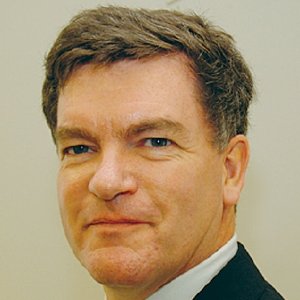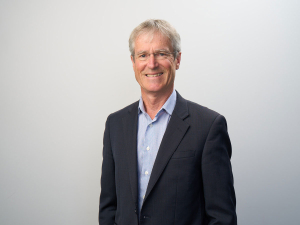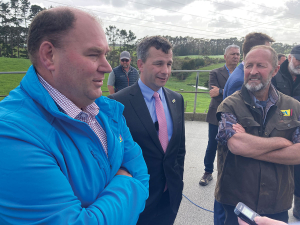Dr Joe Scott-Jones, a GP in Opotiki, Bay of Plenty, was speaking to Rural News after the Network's annual conference in Queenstown earlier this month. "I think we have an opportunity to do this in a way that's planned and considered so that people will have reasonable access to an appropriately qualified person within an hour of needing them, which I think is reasonable.
"It's a question of helping people understand the change process and level of service they will get."
Scott-Jones says many of the health professionals working in rural areas – nurses, physiotherapists, pharmacists as well as doctors – are getting older and the willingness to work long and difficult hours is starting to disappear which will lead to more centralisation.
A government bonus scheme that attracts young doctors is good, but he says he'd like to see that extended into primary health care.
"We really need to get the nursing schools thinking about developing education pathways that take their students out into rural areas. I am excited to see, for example, an interprofessional training programme where they get pharmacy, physio, nursing and medicine students out into rural areas for a period of six weeks at a time. They not only learn about the rural areas but they also learn about team work and how things work in primary care."
For older people, the level of health service in a rural area can be a determining factor as to whether they stay, or move to be near one of the larger towns, he notes.
Scott-Jones has been based in Opotiki for 19 years and says he finds working in a rural area exciting because he's able to use a wide range of skills, dealing with everything from car crashes to mental health matters. But he concedes that this is "not everyone's cup of tea."
As it is, doctors who currently end up working in rural areas were often brought up in the country, or they or their partner may have rural interests such as owning a small farm or outdoor activities.

















